
Diana Weber
Lawyer of international law
Rating:
23
December
How to Get Citizenship of Lithuania
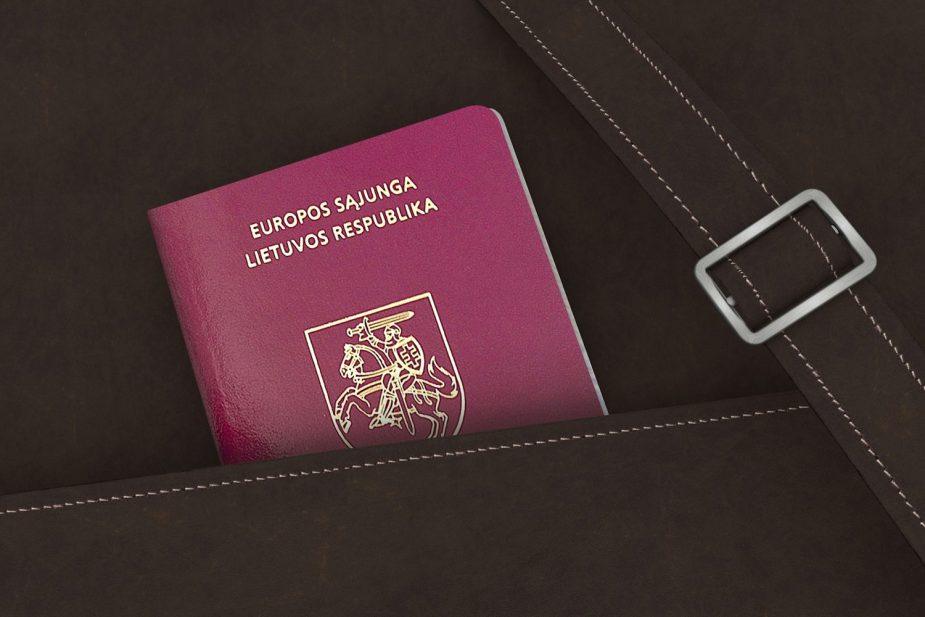
Lithuanian citizenship is a status that gives you a certain list of rights and powers in the country and abroad. Most often foreigners apply for it by naturalization, i.e., on the basis of long-term legal residence in the state with full integration into the local society. In an accelerated procedure citizenship is granted by descent, through marriage or for special services to the country.
The Republic of Lithuania is a member of the European Union, so when you obtain citizenship here, you obtain an EU passport. This document ranks seventh in the world power ranking and gives you the right to travel visa-free to more than 160 countries. You can also permanently reside with your family in any of the EU countries without additional conditions, enjoying all the rights and privileges of local citizens.
Immigrantinlaw migration specialists help you to find the best way to apply for an EU passport. Taking into account your wishes and intentions, lawyers will recommend the best program for obtaining citizenship in a short period of time.
Submit an application form and we'll get back to you!
Law XI-1196 “Lietuvos Respublikos pilietybės įstatymas” dated December 02, 2010 regulates the rules of granting the status of a citizen to a foreigner in Lithuania. It lists the ways of citizenship acquisition, restoration and loss, requirements for the applicant, obligations of the authorized bodies, as well as related information. Additional conditions important for immigrants are presented in the Law on the Legal Status of Aliens. From the document one can learn about the options of moving to the Republic for further naturalization.
You can apply for Lithuanian citizenship for legal residence in the EU, and you will also be provided with the following opportunities:
The disadvantage of Lithuanian passport issuance is a long waiting period, which takes at least 10 years within the framework of regular naturalization. The Republic does not give the right to dual and second citizenship (except for rare cases), so when obtaining a local passport, you will have to renounce your current status in your home country.
Get more information about the peculiarities of immigration to the EU at a free consultation
A Lithuanian passport is granted to:
Citizenship of the Republic of Lithuania cannot be claimed by those who are parties to international crimes or crimes against the country, who are not eligible for local residence permit or who have been previously sentenced to imprisonment for a particularly serious crime (according to the national legislation).
Usually, foreigners apply for a Lithuanian passport by naturalization after a long period of residence in the country and fulfilment of related requirements. The procedure may be accelerated, in particular for spouses of local citizens and those who have special merits to the country. In case of ethnic belonging to the people of the republic, repatriation is possible - restoration of the status due to the right of blood. A child with at least one Lithuanian parent may be issued a passport at birth, irrespective of the place of birth.
The Law on Citizenship of Lithuania grants foreigners the right to apply for a passport through the naturalization procedure. In order to do so, it is necessary to:
You can move to Lithuania with a national visa or residence permit and periodically (every 1-3 years) renew the immigration document. After 5 years, you can apply for a permanent residence permit, and after 10 years you can apply for a passport. Common ways to immigrate to the republic include:
You can count on accelerated naturalization in Lithuania if you are in a marital union with a local citizen. In general, passport issuance is possible 7 years after moving to the Republic. This period is reduced to 5 years if the spouse has died or if the relationship was registered with an exile or political prisoner. When obtaining citizenship by marriage, it is not necessary to demonstrate financial security, but the other conditions of naturalization remain in force, including passing the integration exam.
A simplified procedure for obtaining Lithuanian citizenship is provided for those who have an ethnic background. You can obtain a passport if your ancestors (up to and including great-grandparents) had a similar document before June 15, 1940 and lost it due to insurmountable circumstances. This point in the legislation is explained by the mass deportation of the country's inhabitants after the occupation by the Soviet Union.
Foreigners with Lithuanian roots can also apply for a passport in an accelerated procedure. They need to prove their origin by birth certificates of their parents and/or grandparents. As in the case of restoring the citizenship lost by your ancestors, you do not need to open a residence permit in the state, demonstrate financial security, pass tests for knowledge of the language and basic provisions of the Constitution.
Citizenship by birth is granted to those who have at least one parent holding a Lithuanian passport. It does not matter where the child was born - in the country or abroad. Those who have reached the age of majority acquire citizenship upon application without any additional requirements or conditions. A Lithuanian passport is also issued to children who were born in the Republic and do not acquire another citizenship or their origin could not be established.
As an exception, Lithuanian citizenship is granted to those who have special merits to the Republic and integrate into the local society. The result of your activity should be a significant contribution to strengthening the Lithuanian statehood, increasing the power or authority of the state in the international arena. At the same time, you must be able to speak Lithuanian at a conversational level.
The easiest way to acquire Lithuanian citizenship is repatriation. To obtain a passport by roots, it is not required to reside in the country as a resident, pass a language exam, or provide information about your financial situation. It is only necessary to prove your belonging to the people of the republic and not to have a criminal record for especially serious crimes.
Simplified repatriation programs operate in other EU countries, such as Romania, Bulgaria and Slovenia. In any of them it is also not necessary to pass the integration test and provide information on income. Due to active migration processes during the twentieth century, many foreigners can find the required roots for accelerated obtainment of EU citizenship by descent - some of them do not even suspect it.
Immigrantinlaw's international law specialists are ready to perform a comprehensive professional analysis of your ancestry to verify your eligibility for the simplified program of obtaining a second citizenship in the EU. Schedule a free consultation to learn more about your chances for expedited immigration.
If you want to obtain a Lithuanian passport within the framework of standard naturalization, you need to:
To move to the Republic, you can obtain a long-term Lithuanian visa or a temporary residence permit for one of the reasons that provide for a long stay in the country. Immigration documents are issued upon personal request at diplomatic missions and visa centers. You pre-register at the competent institution, submit a dossier and pay the state duty. Decisions on applications are made within 3 months.
A Lithuanian visa is usually valid for up to a year, a residence permit - for up to 2 years. To extend or issue a new document, you apply to the territorial office of the Migration Department. You must first submit your request together with your digital dossier online through the Migration Information System (MIGRIS) and visit the selected authority in person within 4 months. To obtain a residence permit, you will need to take a digital photo and undergo a fingerprinting procedure.
You will be able to apply for a Lithuanian residence permit after 5 years of permanent residence in the Republic. A foreigner must meet all the conditions for its granting - you are required to be financially secure, have good behavior and no criminal record, know the national language and the basics of the constitution. The permanent residence card is issued by the Department of Migration according to the procedure similar to the granting of residence permit.
The file of a naturalized immigrant in Lithuania includes:
If any of the documents were issued abroad, it is necessary to make their official and notarized translation into Lithuanian. Some of the certificates may require apostilization or legalization, which also depends on your citizenship.
The application for naturalization must be submitted electronically through the Lithuanian Migration Information System (MIGRIS). You fill in the application form and supplement it with digital copies of the documents listed above. Then you need to make an appointment at the territorial office of the Migration Department within four months to submit the dossier in person. Within 90 days, the authorized body examines the request and submits it to the Citizenship Commission for consideration. If the application is approved, you take an oath and receive a certificate of naturalization.
Children under the age of 14 who do not have citizenship abroad or are ready to renounce it, automatically acquire legal status in Lithuania following their parents (or at least one of them). When applying for a passport for a child between 14 and 18 years of age, his/her written consent is required. In case of naturalization, parents may include their children in the application submitted to the Migration Department. No additional requirements, including language testing, are imposed on a minor child.
Those who obtain Lithuanian citizenship by birth or restore the legal status lost by their ancestors do not have to pay any fees. Persons of Lithuanian origin pay a one-time state fee of 120 EUR for application processing. The most expensive is naturalization, which also requires payment of administrative fees for visa, residence permit or permanent residence, extension of migration documents, health insurance, notary and interpreter's assistance. The table below summarizes the basic rates of government fees.
| Category of expenses | Cost (depends on the speed of processing of the request), € |
| Category D visa | 140 |
| Residence permit | 160–320 |
| Renewal of residence permit | 160–320 |
| Permanent resident card | at the cost of a residence permit |
| Reissuance of a permanent resident card | 45–90 |
| Request for naturalization | 120 |
| Internal citizen ID card | 10–100 |
| Passport for traveling abroad | 50–200 |
It is also worth taking into account that you will have to pay for moving, transportation of belongings, renting an apartment and accommodation - the amount of such expenses is different for each immigrant.
You can reduce the costs of obtaining a passport to the EU with the support of migration specialists. Immigrantinlaw's specialized lawyers will draw up a personalized action plan for you to obtain citizenship in the shortest possible time and without major expenses.
Lithuanian citizenship is not granted to those who are involved in international crimes or who commit (plan to commit) actions that threaten the Republic. Immigration requests are not approved if the candidate has a criminal record on especially serious articles, including in other countries. Also, the application is rejected if you do not meet at least one of the conditions for granting citizenship status. These rules apply to all grounds, whether you obtain a passport by naturalization or by kinship with Lithuanians.
It is not uncommon for applications for Lithuanian citizenship to be denied due to formalities - for example, you have made a mistake when compiling your dossier or forgot to attach a document. Decisions of the Migration Department can be appealed, but judicial practice shows that they are usually upheld.
To understand what a Lithuanian passport looks like, you should read the Law on Identity Documents. Usually, two versions of personal documents are used by citizens:
Lithuanian citizens over the age of 16 are obliged to have an identity card, and those younger – at their will. Documents are drawn up at the territorial representation of the Migration Department. To do this, you have too:
Submit an application form and we'll get back to you!
In 2025, Lithuania did not adopt major new laws on citizenship. However, several key provisions were confirmed and clarified, particularly regarding dual citizenship, residence periods, and naturalization procedures.
Although no sweeping reforms were introduced, Lithuania in 2025 confirmed its existing framework: 10 years of residence (or 7 years for spouses) remain the standard for naturalization, dual citizenship remains restricted to exceptional categories, and carefully prepared documentation and language proficiency are more important than ever.
As of 2026, no country has dual citizenship treaties with Lithuania. This means that local residents cannot hold two equivalent passports - in the state and abroad. The Republic also does not recognize multiple citizenship, except in some cases, such as repatriation. If you want to apply for a local passport by naturalization, you will have to renounce your primary status in your home country. If you violate this rule, your application for citizenship will be rejected.
If you wish to apply for a second citizenship in the European Union while retaining your current passport, contact an international law specialist. Immigrantinlaw's immigration lawyers will find the best program for you to legalize your stay in the EU without a long wait and without large investments. Skilled specialists provide professional assistance at every stage of the procedure. You can sign up for a free consultation right now to obtain European citizenship in 2026.
Obtaining Latvian Residence Permit for Foreigners
18 January
A Latvian residence permit is applied for by those who plan to reside in Latvia for more than 3 consecutive...
Obtaining Swedish Residence Permit for Foreigners
14 October
A temporary residence permit in Sweden is a document, which makes possible to stay in the country and cross its...
Obtaining Lithuanian Residence Permit for Foreigners
9 December
A residence permit in Lithuania is a document with which you can reside in the country for more than 90...
Obtaining a Residence Permit in the Netherlands: A Guide for Immigrants
21 March
A residence permit in the Netherlands (Holland) is a document with which a foreigner can legally stay in the country...
Immigration to Spain for Permanent Residence
26 August
Moving to Spain is possible if there is a reason to open local residency. The reason for obtaining a residence...
Obtaining a residence permit in Malta: a guide for immigrants
5 March
A Malta residence permit gives you the right to stay on the island for more than six months and enjoy...
Discover
new opportunities
with a European Union passport!
Submit the application form and we will call you back!
Leave a request
Contacts

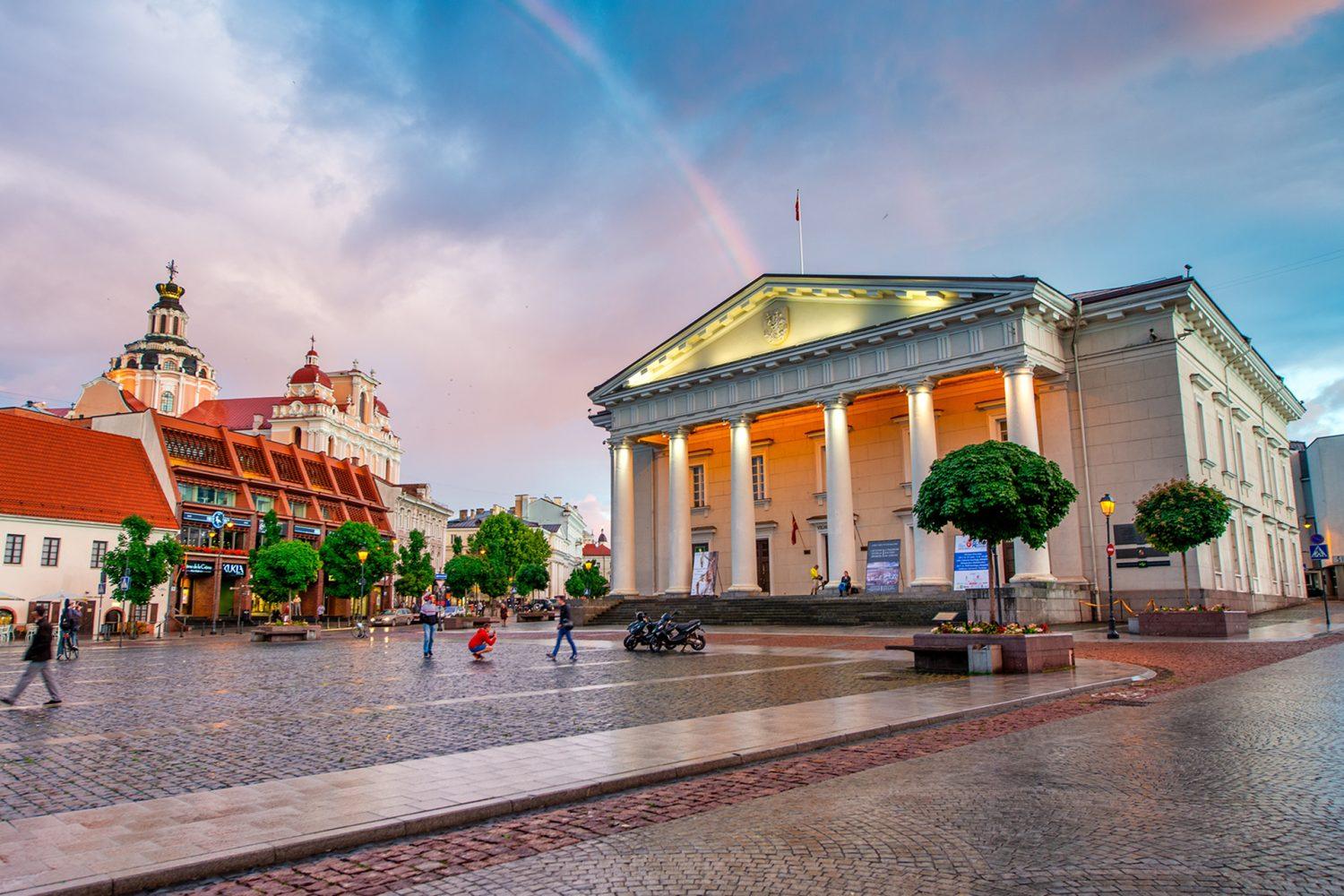

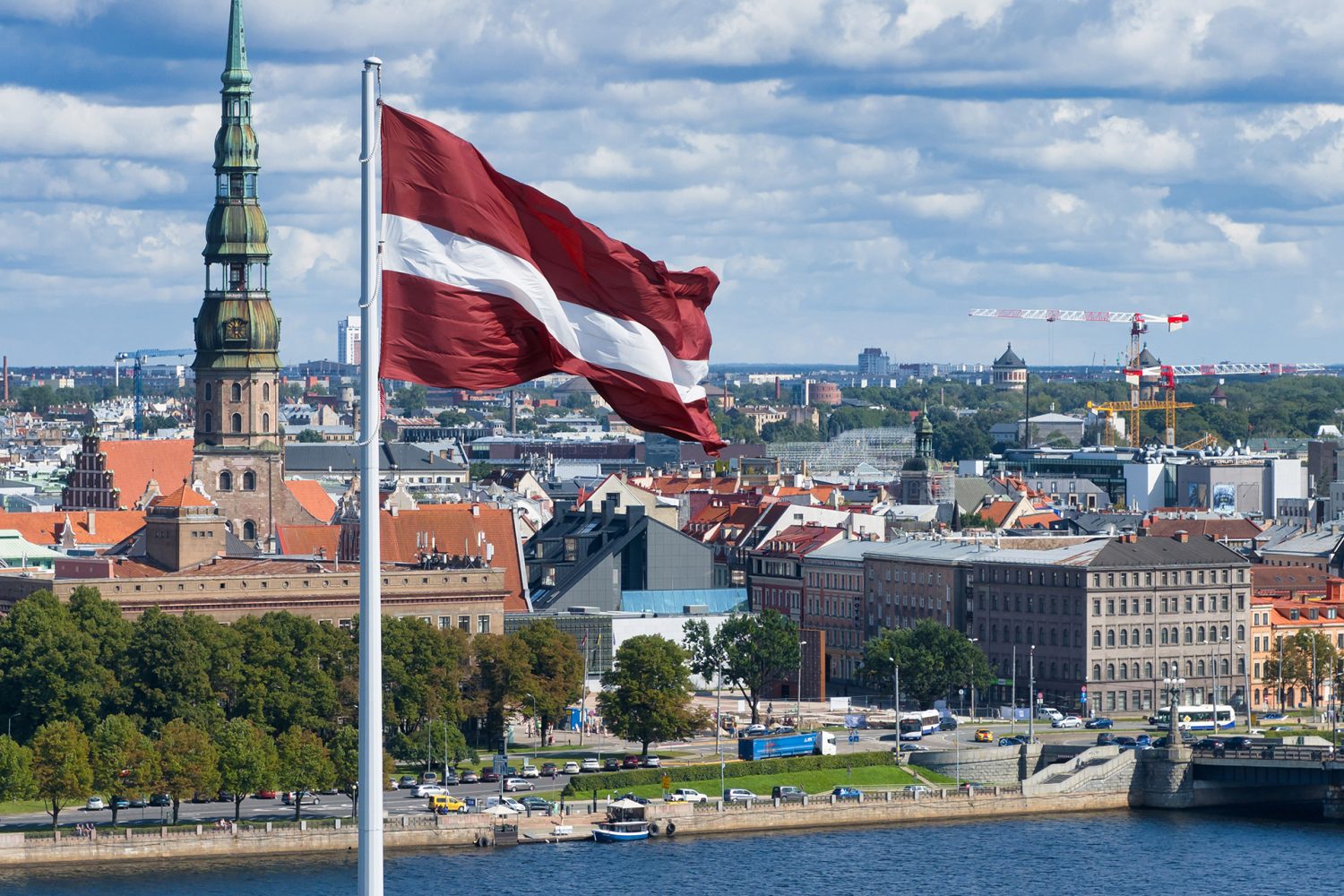
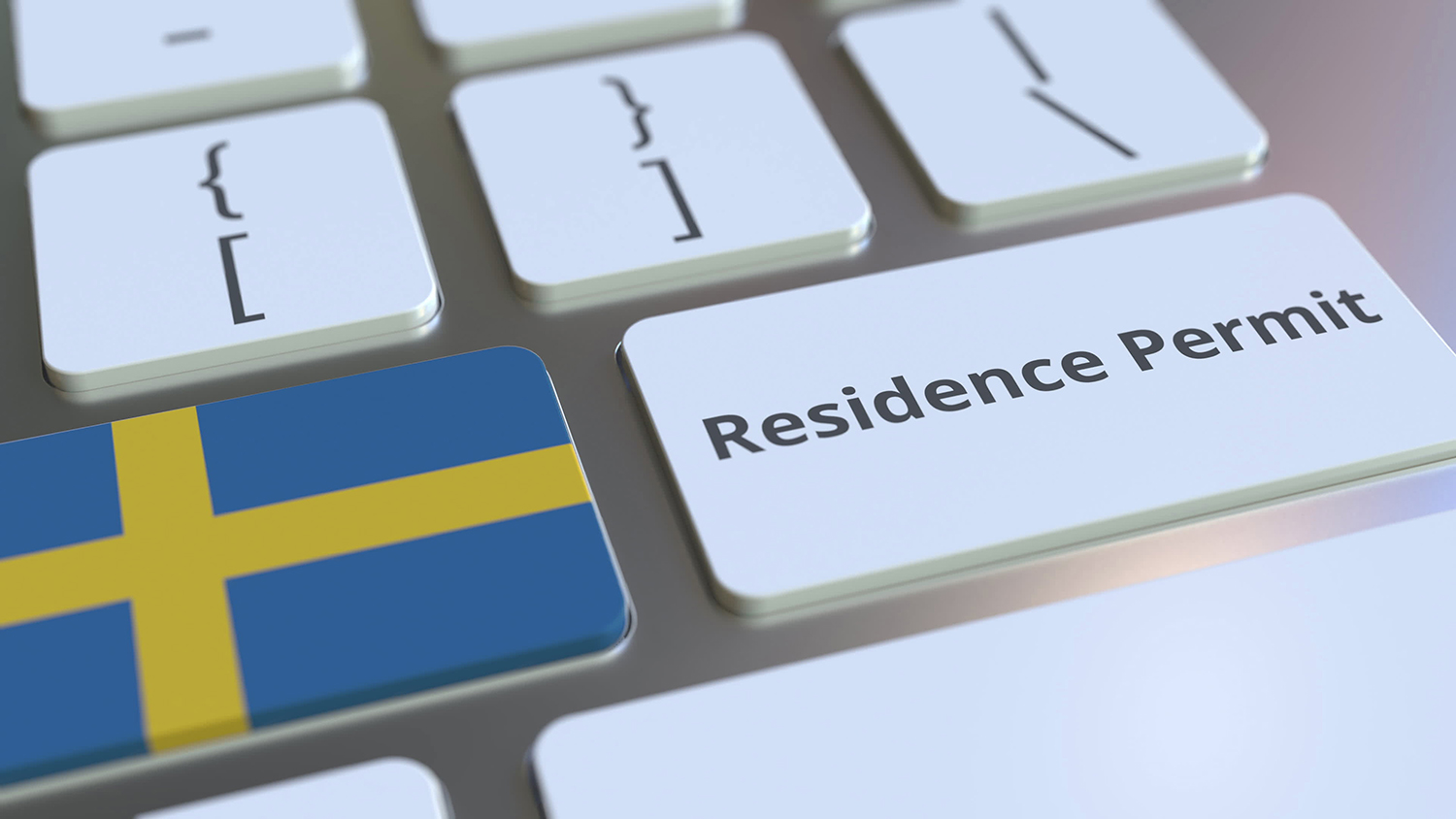
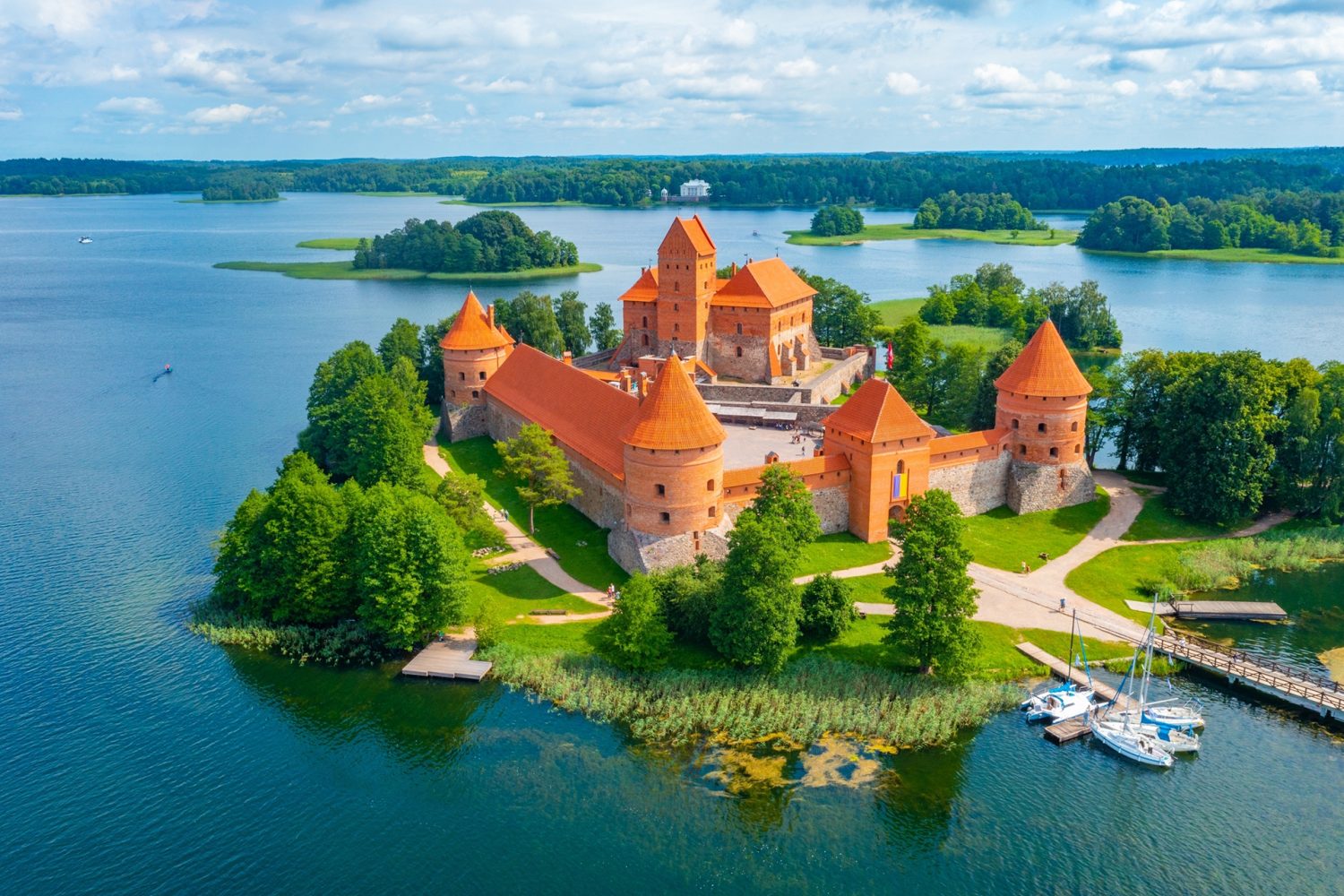

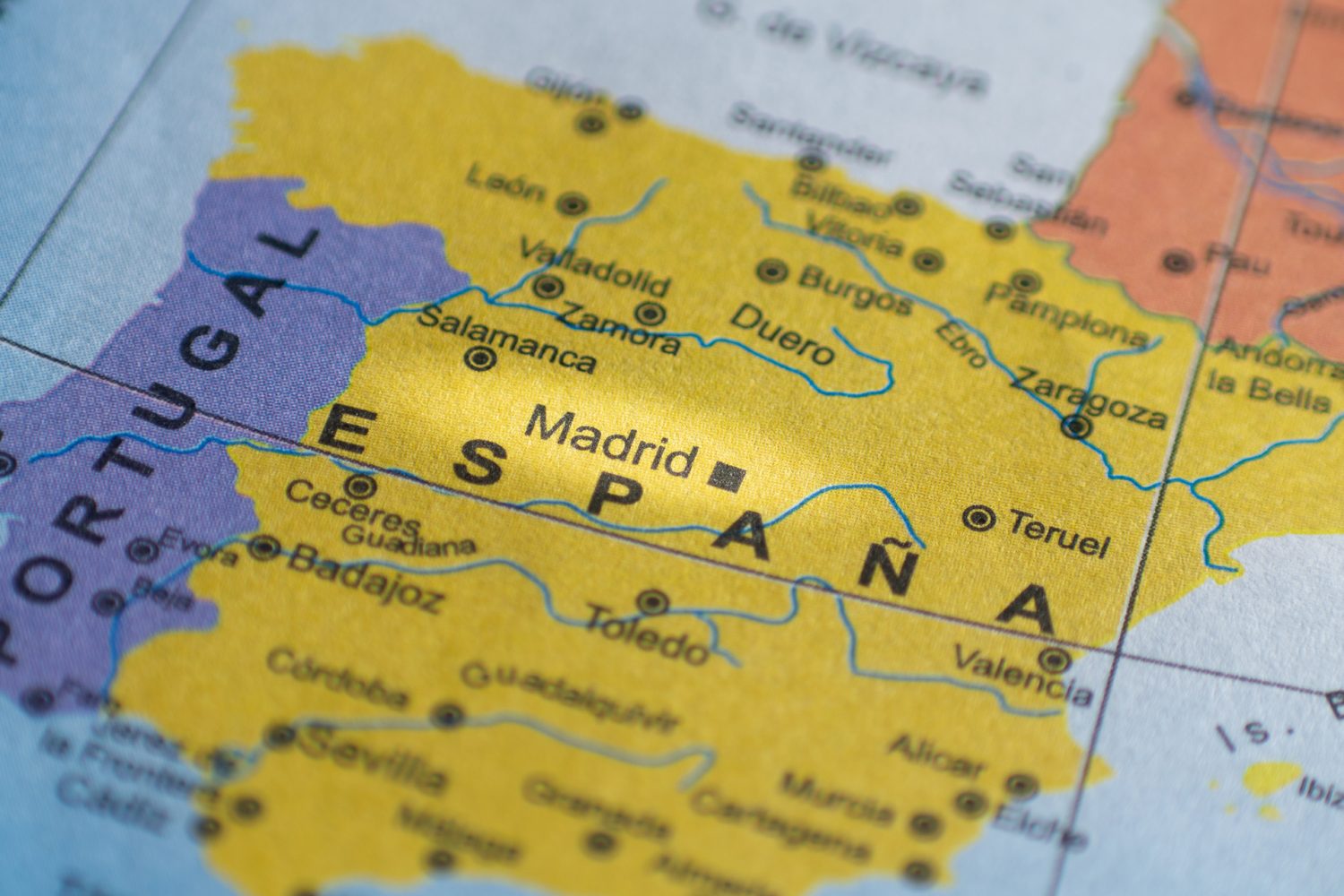
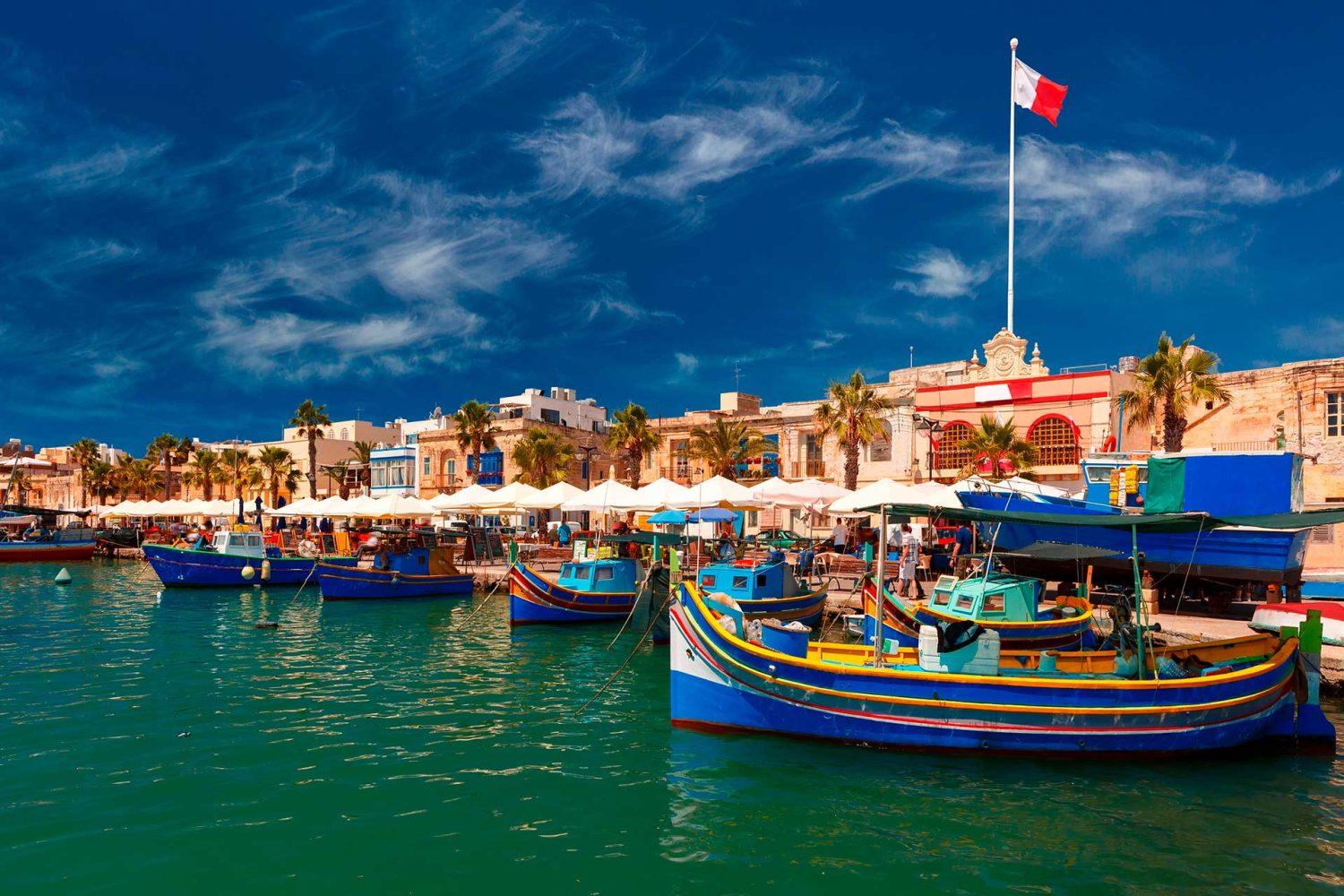

Lina Grigorova
Some of my Lithuanian colleagues joke that it’s easier to become a citizen if you can recite the national anthem at karaoke night in Užupis. Is there really a strong emphasis on cultural assimilation?
Diana Weber
Haha, that’s classic Užupis humor — but there’s some truth behind the joke. While no one expects karaoke performances, the naturalization process does assess integration, and speaking at least conversational Lithuanian makes a real difference, especially outside major cities. Active participation in local communities or Lithuanian language courses boosts your case, even if it’s not legally mandatory beyond the test.
Radu Ionescu
My grandfather fled Lithuania during WWII. I’ve heard that might give me a shot at reclaiming citizenship. Is that true even if we never spoke the language?
Diana Weber
Yes — you may be eligible under the “restoration of citizenship” process. Lithuania recognizes the right of descendants of those who fled occupation (especially before 1990) to reinstate their citizenship. Language proficiency isn’t a requirement for this route, though you’ll need documents proving lineage and emigration context. It’s one of the more accessible EU passports if you qualify.